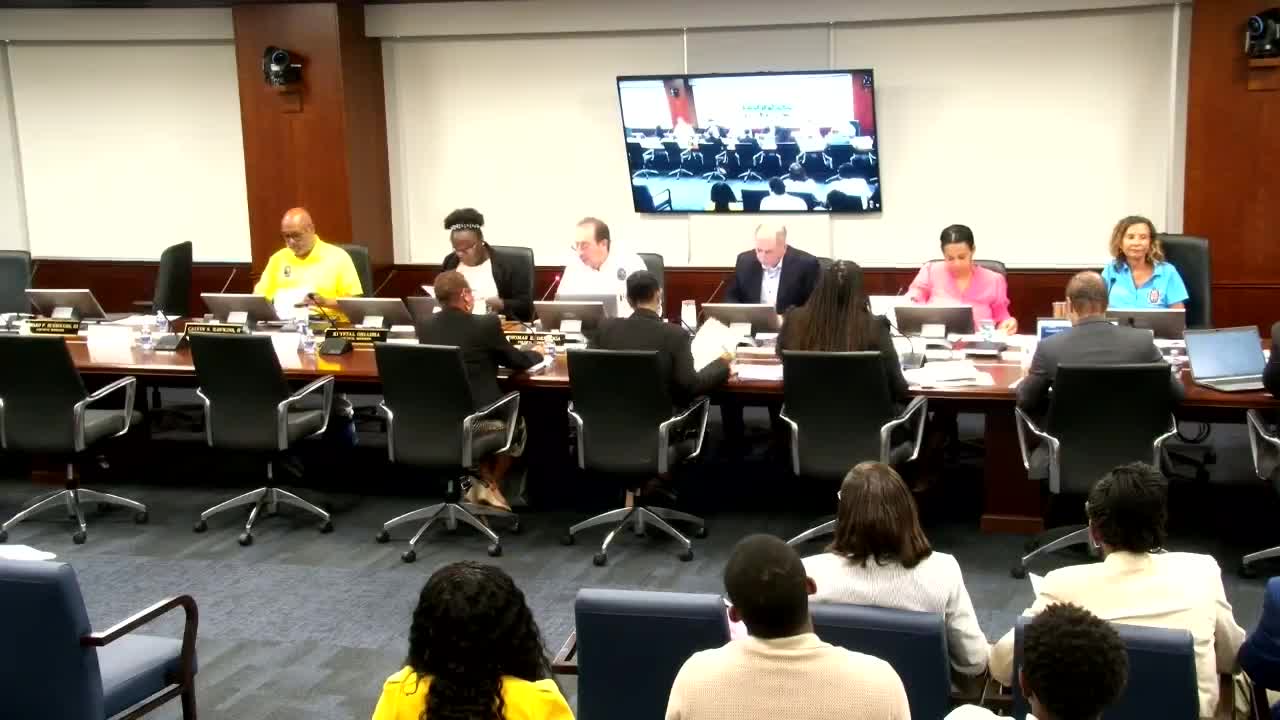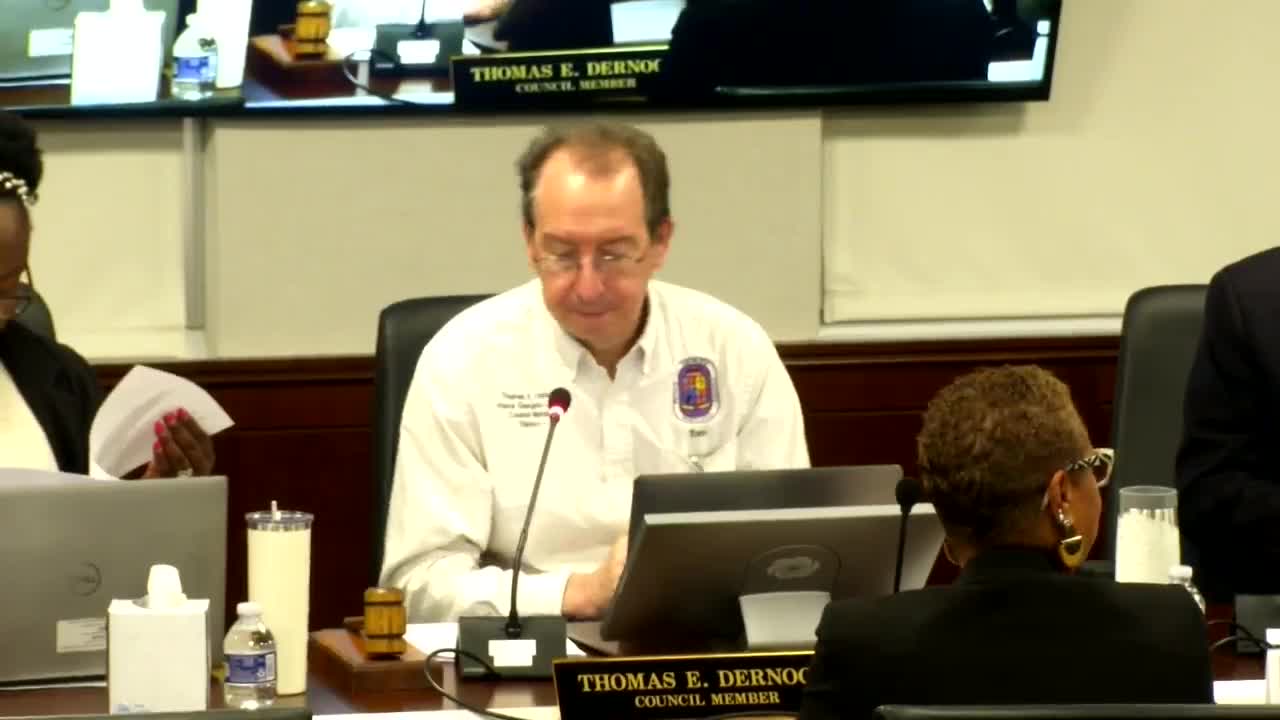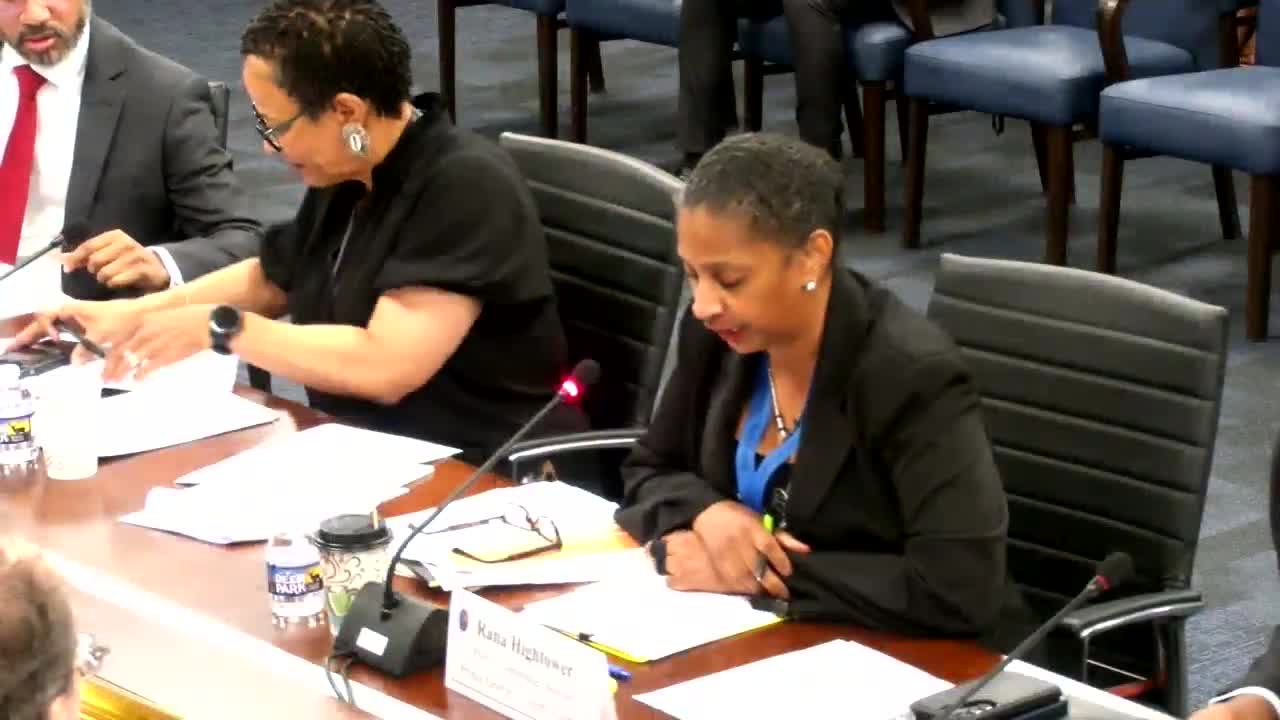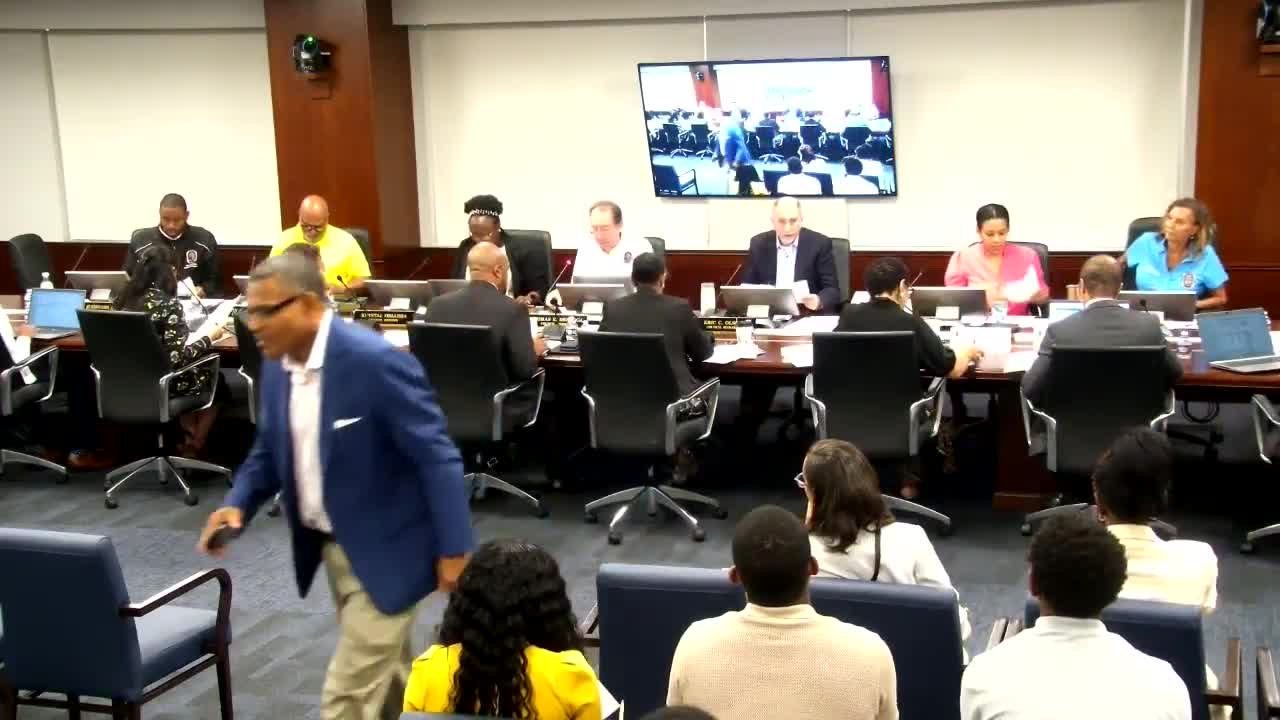Article not found
This article is no longer available. But don't worry—we've gathered other articles that discuss the same topic.

PHED committee backs zoning changes to expand locations for state-licensed opioid treatment centers

PHED committee holds bill that would require administrative reconsideration before judicial review

Committee holds measure to add master-plan consistency to site-plan and special-exception review

